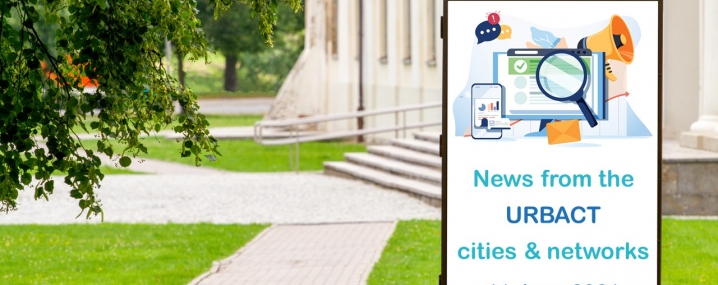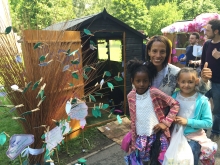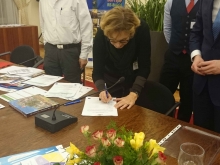Gelsenkirchen
Gelsenkirchen is a city of around 260,000 people situated in the middle of the Ruhr region, the industrial heart of the state of North Rhine-Westphalia. The industrial revolution turned Gelsenkirchen from a small agricultural village into a major centre for coal and steel. In the 20th century, it was the most important coalmining town in Europe, and was known as the ‘city of a thousand fires’ because of the flames from mine gasses that flared at night.
However, since the 60s, the city and the whole Ruhr region have been heavily affected by the structural crisis. The numbers working in mining and steel production has continued to drop from a peak some 400,000 in the 60s. The loss of jobs led to one of the highest rates of unemployment in Germany. At the same time, residential and commercial buildings suffered due to underinvestment. Gelsenkirchen has tried to change its image and redress the situation by using support programmes and by strongly promoting economic development. Thanks to investment in solar industries, the ‘city of a thousand fires’ is hoping to be reborn as the ‘city of a thousand suns’.
Gelsenkirchen’s coal and steel were a target of Allied bombing during World War II and three quarters of the town was destroyed. Today all the collieries have closed and Gelsenkirchen is a centre for sciences, services and production, with a good infrastructure. Since 1999 Shell Solar Deutschland has been producing photovoltaic equipment here, and the town hosts Germany’s largest solar power plant.
SOME RELATED NETWORKS
RE-Block
C-CHANGE
News
News from our networks – 12 February 2021
Article
What on earth do the arts and culture have to do with climate change?
News
RE-Block Policy Development Recommendation adopted by project partners at Final Conference
News
RE-Block Mid-Term Event 26-28 March 2014
News





